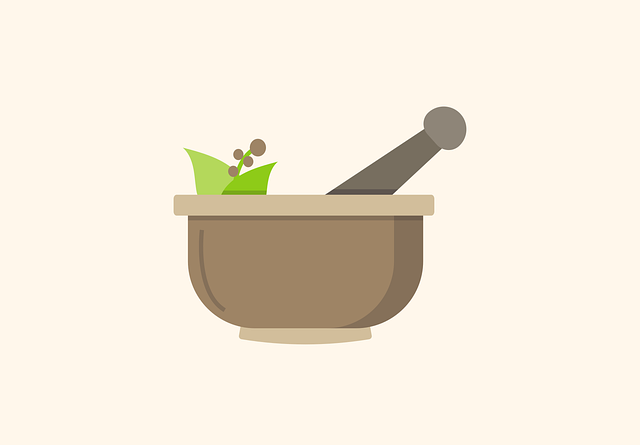Key ingredients of Ayurvedic herbal products used for better heart health
Overwhelming information about health supplements and Natural Ayurvedic products are available in today’s time. Heart-healthy dietary supplements can help maximise the benefits of a heart-healthy lifestyle. A dietary supplement is anything you put in your body through ingesting or drinking. Amino acids (protein’s individual building blocks) and other plant or mineral constituents can also be included in this list. They can come in the form of a tablet, capsule, pill, or even a liquid. To be clear, they are not meant to be a substitute for food, but rather an addition to it.
Vitamin and mineral supplements
In the right dosages, vitamins and minerals may help reduce the risk of heart disease. Nutrients should primarily be obtained from whole foods, but studies reveal that many people do not meet the required intakes. People with healthy eating habits may not always be able to receive all the fruits, vegetables, and other healthy items they need, even if they supplement their diets. Filling in the gaps with a supplement is a good idea.
Taking vitamin and mineral supplements has been linked to a reduced risk of heart disease in numerous studies. Health benefits may be gained from taking vitamin and mineral supplements that are safe and inexpensive.
Omega-3 Fatty Acids
The heart, muscles, and other organs can all be affected by this specific medication. CoQ10 has been linked to improved heart health, increased energy, and a quicker return after physical exertion. In order to preserve the heart and skeletal muscles, enzymes need coenzymes to perform properly. It also acts as an antioxidant, preventing the body from being damaged by toxic chemicals. It’s a vitamin-like molecule called Coenzyme Q10. Throughout the body, it can be discovered. Cells in your body need CoQ10 as a source of energy for growth and maintenance.
Fibre Rich Food
Food is the finest source of fibre. As an alternative, if you don’t eat a lot of fibre-rich foods and need to take a supplement, look for one that contains both solvable and non-solvable fibres. Be cautious to drink plenty of water while taking a fibre supplement. When combined with a low-cholesterol, low-saturated-fat diet, psyllium fibre may help decrease cholesterol. Fibre appears to be most helpful when used in conjunction with a healthy diet and regular exercise.
Vitamins A, D, E, and K
Fish oil, vegetable oil and other plant sources include omega-3 polyunsaturated fatty acids. The body does not produce these fatty acids, thus they must be obtained through the diet or supplements, often in the form of “fish oil.”
Triglyceride synthesis is reduced by omega-3 polyunsaturated fatty acids. Heart disease and stroke can be caused by high triglyceride levels. Diet and exercise can help reduce blood triglyceride levels by using omega-3 polyunsaturated fatty acids.
Supplementation with fish oil reduced the number of patients who died or were hospitalised for cardiovascular causes in a study of patients with chronic heart failure. Some patients who received supplements had a better cardiac function and fewer hospitalizations.
Magnesium
Research has shown that magnesium deficiency is a risk factor for heart disease. Cardiovascular risk factors such as high blood pressure, arterial plaque build-up, calcification of soft tissues, cholesterol and hardening of the arteries have been associated to magnesium deficiency. In addition to the more common Epsom salt, magnesium sulphate is a common bath salt used to soothe tight muscles and tired feet. Magnesium supplements exist in a wide variety of mineral forms and combinations.
L-Carnitine
In order to transport fats into the mitochondria, L-carnitine is required (the place in the cell where fats are turned into energy). The heart’s ability to pump blood is dependent on a sufficient supply of energy. L-carnitine has been shown in several trials to improve heart function and alleviate angina symptoms. When the heart muscle isn’t getting enough oxygen, congestive heart failure can occur. Taking L-carnitine supplements can help lower the risk of this type of injury. Taking L-carnitine after a heart attack may also be beneficial in reducing the damage and complications caused by the incident itself.
Conclusion
Thus, we have seen in detail, the different ingredients of Ayurvedic herbal products which are specifically used to boost heart health. You can also use different dietary supplements to boost your heart health.




